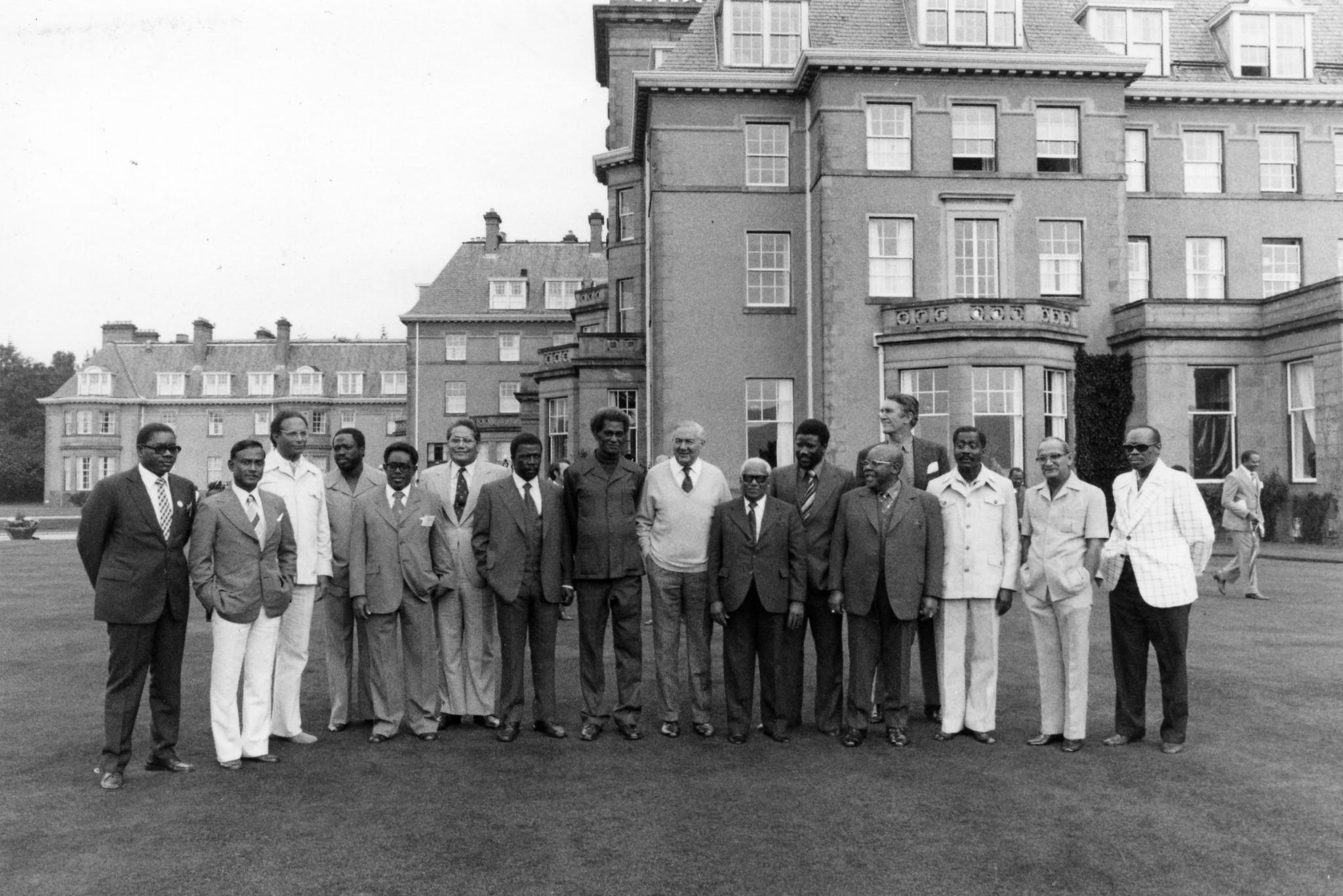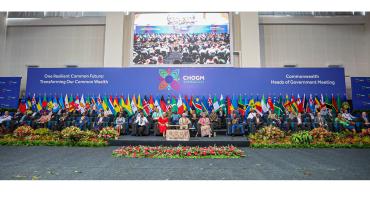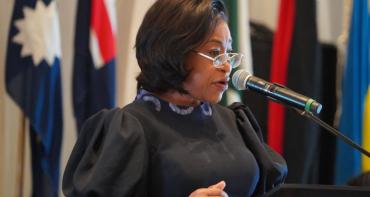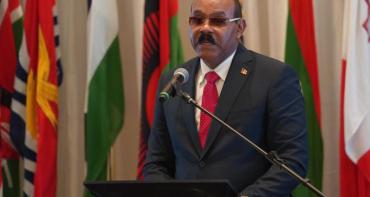Commonwealth leaders came together in 1977 to agree an effective boycott of sporting contacts with South Africa.

The Gleneagles Agreement, named after the Scottish resort which played host to the summit of heads of government on 15 June 1977, committed Commonwealth countries to halt their participation in competitions with South African sportsmen and women in an effort to step up pressure on the country’s apartheid regime.
Agreed unanimously by all member states, the declaration set out the Commonwealth’s united opposition to racial prejudice in South Africa, which it described as a “dangerous sickness and an unmitigated evil.”
In the statement, the countries agreed to “combat the evil of apartheid by withholding any form of support for, and by taking every practical step to discourage contact or competition by their nationals with sporting organisations, teams or sportsmen from South Africa or from any other country where sports are organised on the basis of race, colour or ethnic origin.
“Heads of government specially welcomed the belief, unanimously expressed at their meeting, that in the light of their consultations and accord there were unlikely to be future sporting contacts of any significance between Commonwealth countries or their nationals and South Africa while that country continues to pursue the detestable policy of apartheid.”
“The agreement was a victory for all Commonwealth countries, since they had all agreed to use their best efforts... to break down the system of apartheid in sports,” said Prime Minister James Callaghan of the UK, adding that each country would work to “sustain and strengthen” the consensus brokered at the summit.
The Gleneagles Agreement built on the 1971 Singapore Declaration of Commonwealth Principles and was followed by the Lusaka Declaration in 1979, which set out the Commonwealth’s opposition to all forms of racism.
The agreement curtailed South Africa’s ability to compete in international competitions involving sports such as rugby and cricket, which Commonwealth countries tended to dominate, helping to mount international pressure on the regime.
South Africa re-joined the Commonwealth in 1994 following the end of apartheid and the country’s first truly democratic election, when Nelson Mandela was elected President.



